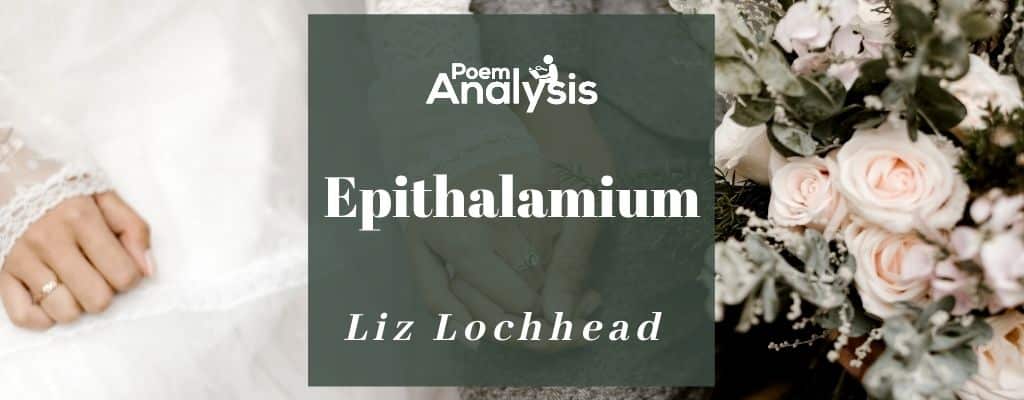The title of Lochhead’s sonnet, ‘Epithalamium,’ means a poem written specifically for a bride on her wedding day. In this particular poem, marriage is celebrated as a life-changing step in one’s life that should be embarked upon when love is the defining reason.
Summary
The poem begins with the speaker talking broadly about how once married one starts a new life with their “complement”. Together, with their partner, they combine their mutual experiences and embark on their “dangerous days” together. She goes on, presumably directly addressing a bride who is about to be married.
She tells this person that they don’t need to worry, as all their friends will soon surround them with love. Any petty grievances of the past will be thrown out and only joy will be allowed to permeate the day. ‘Epithalamium’ concludes with the poet speaking briefly on what it means to lay oneself open at the feet of someone they love, and enter into a new world “remade”.
You can read the full poem here.
Poetic Techniques
‘Epithalamium’ by Liz Lochhead is a single stanza poem that contains fourteen lines and takes on several attributes of a traditional Shakespearean sonnet. The rhyme scheme is very consistent, following the pattern of ABABCDCDEFEFGG. It can also be divided into sections, three quatrains, or sets of four lines, and one concluding couplet or set of two rhyming lines.
One of the most prominent markers of a Shakespearean sonnet is the metrical pattern. Generally, these sonnets are written in iambic pentameter but Lochhead chose not to conform ‘Epithalamium’ to this particular aspect of tradition. The lines range in syllables from as few as seven to as many as fifteen.
Other Poetic Techniques
Lochhead does make use of other poetic techniques though. These include repetition, alliteration, enjambment, and simile. The latter, simile, is a comparison that uses “like” or “as”. It’s used to say that one thing is like another, in order to create additional meaning or play into the poem’s larger themes. Examples can be seen in lines five through eight.
Alliteration occurs when words are used in succession, or at least appear close together, and begin with the same letter. For instance, “dangerous days” in line three and “alone’s” and “argument” in line one.
Repetition is a wide-ranging technique that plays a role in the formation of a variety of other poetic techniques. It is the use and reuse of a specific technique, word, tone, or phrase within a poem. In the case of ‘Epithalamium’, the poet chose to repeat specific words multiple times in the same line for emphasis. For example, “love” in the first line and “old” in the twelfth.
Another important technique commonly used in poetry is enjambment. It occurs when a line is cut off before its natural stopping point. Enjambment forces a reader down to the next line, and the next, quickly. One has to move forward in order to comfortably resolve a phrase or sentence. There are a number of examples in the poem, for instance, the transition between “all we know” and “Is:” in lines four and five.
Analysis of Epithalamium
Lines 1-4
For marriage, love and love alone’s the argument.
(…)
We think we know ourselves, but all we know
In the first four lines of ‘Epithalamium’, the speaker begins by defining marriage, its rules, and its basis. It is made up of one thing alone, she states, “love”. Love is the only “argument”. No one could put forward another reason for marriage that made more sense or was more genuine. She goes on, signalling that together with her partner they’re entering into new lives. They travel together “hand in hand” as one another’s “complement”.
Once married, their lives will join together and change one another. Although they will be together, that doesn’t mean there won’t be “danger” ahead.
Lines 5-8
Is: love surprises us. It’s like when sunlight flings
(…)
First crisp, dry breath turns February air champagne.
The fourth line of ‘Epithalamium’ is very skillfully enjambed. A reader has to jump down to the fifth line to find out what “all we know”. Lochhead’s speaker states that if nothing else, “we” know that “love surprises us”.
Over the next few lines, she uses “like” to create several similes that compare love to nature. The first compares love to a brief moment when “sunlight flings / A sudden shaft”. This line of light illuminates the “rain / Across a Glasgow street”. The rain becomes “glamorous” rather than depressing. Or, she goes on, when “Botanic Spring’s / First crisp, dry breath” makes February’s air smell/taste like “champagne”.
The mood of the poem is consistently mellow, understated, and peaceful with the poet taking a direct, yet philosophical tone to the subject matter.
Lines 9-14
Delight’s infectious – your friends
(…)
We find ourselves, and all the world, remade.
The final six lines of the poem begin with an oxymoron or a figure of speech in which two very different terms appear together. In this case, the generally negative word “infectious” is combined with the positive word “Delight” to make “Delight’s infectious”. She directs the next lines to her intended listener, speaking to them as “you”. She tells this person that on their wedding day their friends will put on “glad rag finery”.
They’re going to dress in joy and happiness and “Renew” the trueness of their own relationships to “you”. Any pains of “old griefs” won’t get in the way. The speaker knows that this person’s friends will do everything they can to stop unhappiness from intruding, at least for today.
As is common in Shakespeare’s poetry, the last two lines are a rhyming pair, known as a couplet. They often bring with them a turn or volta in the poem. They’re sometimes used to answer a question posed in the previous twelve lines, shift the perspective, or even change speakers. In the case of ‘Epithalamium’ the poet shifts to talk more broadly on what changes after one gives themselves over to their lover. When “you” are at your “lover’s feet” and lay yourself open to them, then all the world is “remade”.
Clearly, the poet, or at least the speaker who she’s channelling believes in the transformative nature of love and marriage. It is quite easy to imagine this specific piece being given or read out loud to a bride on her wedding day.





Actually, this was written for the first gay wedding in Scotland in 2014. And read by the poet herself at the ceremony.
Wow, that’s really cool. Thank you for letting us know.